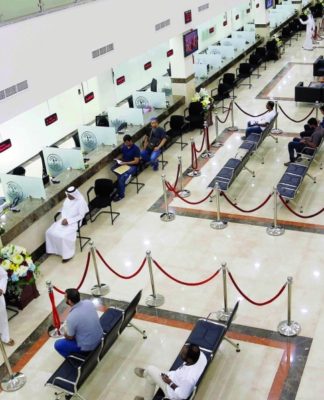Scientists create synthetic human embryos using stem cells in major breakthrough
The move could provide insight into the causes of miscarriages, but also raises a number of legal and ethical dilemmas.
Thursday 15 June 2023 03:50, UK
Listen to this article
0:00 / 2:22
1X
BeyondWords
Audio created using AI assistance
Pic: AP
Image:
Pic: AP
Why you can trust Sky News
Scientists have created synthetic human embryos using stem cells in a major scientific breakthrough
Experts believe the development could provide insight into causes of miscarriages and unique aspects of human development but also raises ethical and legal questions.
Professor Magdalena Zernicka-Goetz, from the University of Cambridge and California Institute of Technology, described fostering the embryos to a stage just beyond the equivalent of 14 days of development for a natural embryo at the International Society for Stem Cell Research’s annual meeting in Boston on Wednesday.
The structures do not require eggs or sperm, do not have a beating heart or beginnings of a brain but contain cells that would typically develop to form the placenta, yolk sac and the embryo itself, according to the Guardian.
It remains unknown whether the synthetic models could develop into viable embryos if implanted.
The details are yet to be published in a journal paper, The Guardian said.
Read more: Human cells grown in monkey embryos triggers ‘Pandora’s box’ ethical concerns
MORE FROM SCIENCE & TECH
AI helps discover three drugs which could fight effects of ageing
Artificial intelligence
British projects given tens of millions in funding to develop ‘safe and trustworthy’ AI
Illustration celebrating the discovery of the circumbinary planet BEBOP-1c using the radial-velocity method. Astronomers rarely put their eye to the telescope, but instead the data comes directly to their computers and laptops where it is analysed and interpreted. BEBOP-1c was detected using the ESPRESSO instrument at the Very Large Telescope in Chile, and by HARPS, at the 3.6m telescope also in Chile. Both are operated by ESO, the European Southern Observatory.
Astronomers make rare Star Wars-style planetary discovery
Professor James Briscoe, associate research director at The Francis Crick Institute, said it is not possible to comment in detail on the scientific significance without a peer reviewed paper, but the development has “a lot of potential”.
“They could provide fundamental insight into critical stages of human development,” he said.
“These are stages that have been very difficult to study, and it’s a time when many pregnancies fail.
“Fresh insight might lead to a better understanding of the causes of miscarriages and the unique aspects of human development.”
However, Prof Briscoe said it raises “profound” ethical and legal questions.
Read more: Scientists create synthetic mouse embryos that went on to develop a brain, nerve cord and beating heart tissue
“Unlike human embryos arising from in vitro fertilisation, where there is an established legal framework, there are currently no clear regulations governing stem cell-derived models of human embryos.
“There is an urgent need for regulations to provide a framework for the creation and use of stem cell-derived models of human embryos.”
He said it is important that research and researchers proceed “cautiously, carefully and transparently”.
“The danger is that missteps or unjustified claims will have a chilling effect on the public and policymakers,” he said.
“This would be a major setback for the field.”






























